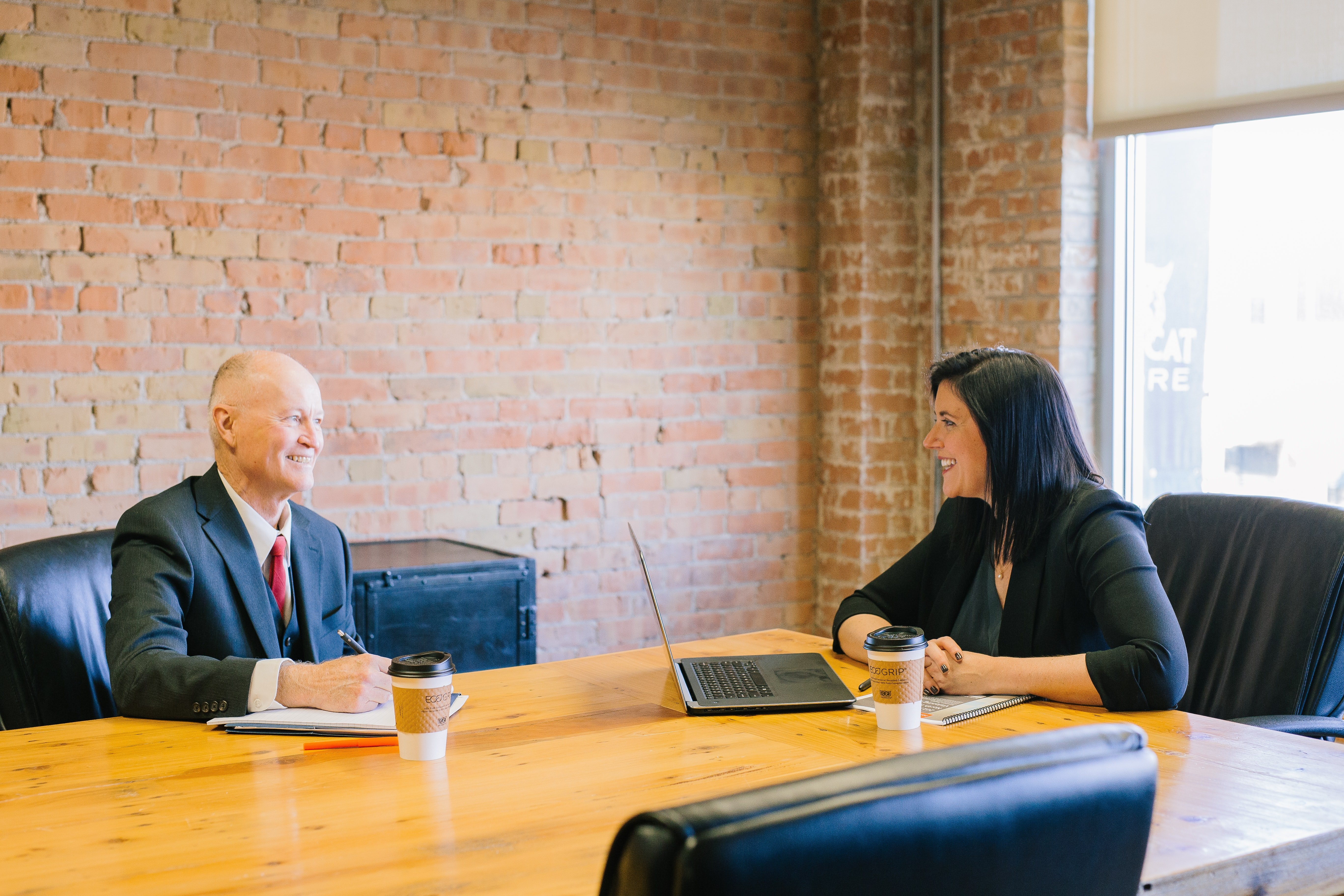When interviewing as a candidate it’s best to avoid asking. . .
When people are doing their first or second or even third round interviews, they don’t want to make a mistake that’s going to have them stand out in a bad way.
Often they’re thinking, “okay, well, what are the taboos? What are the questions that I can’t ask? What are the topics that I should not talk about?”
Really this is more more focused on that first interview than later in the rounds, because whenever you’re getting closer to the offer stage, really everything should be crystal clear. You should be able to ask anything that you want. However, early on you don’t want to make a bad impression.
Questions You Shouldn’t Ask in an Interview:
“So How Many Vacation Days Do I Get?”
The biggest one is usually if you ask how many vacation days you get on the very first interview. That’s just thinking a little bit too far ahead when there are more pressing things to get addressed. This is like asking someone you just met what color flowers they will prefer when the two of you have your wedding.
Not to mention, interviewers don’t really want to think about you taking time off when they have decided to hire you yet. So a way around, this aside from waiting till later rounds, is to just ask for the benefits package. As for the information, a lot of larger companies have a standard PDF packet that they can send you and that will include the information that you’re asking for.
“So When Can I Start?”
Sometimes people will feel very confident in their interview and at the end of the interview, they’ll say, “so when can I start?” That is not the best way to approach your interview process, interviewers need to take the time to decompress from the interview.
They need to talk with other stakeholders. Even if you were mentioning this as a joke, you don’t want to mention it as a joke.
“So. . . You Got Any Kids?”
Lastly, you don’t want to ask anything too personal about the interviewer always let them kind of lead whenever it comes to personal information. You can certainly make a comment on something that they have on their wall or on their shelf or if you noticed that they went to a certain college, but you shouldn’t necessarily be asking them about religion or orientation or their children, or any extra curricular topics that don’t really apply to the job that you’re interviewing for.
NOT Taboo: Compensation
One question that many say you should not bring up that I believe you should bring up on the first interview is, you want to make sure that their compensation range is aligning with what your expectations are.
It doesn’t help anybody on either side of the equation to get late in an interview process and there ends up being an issue when it comes to compensation. Get that knocked out of the way early on in the process, so that as you’re investing this time and they’re investing their time, there is a high percentage chance this deal end up working out.
If the money’s off, if this is something where you would end up taking a big step down in compensation, you need to know that early on and be transparent with what your expectations on compensation would be.
Take it Easy, and Be Socially Aware
Asking the wrong questions as a candidate in interviews is more about being socially aware and not asking things that are going to make your interviewer feel uncomfortable whether it be personal or professional.
Don’t make assumptions on where you are in the process or where you might be, its a slow moving train. Hiring managers don’t want to make a mistake on hiring and when they feel uncomfortable, they can’t feel confident. You’re interviewing to make them feel confident that you’re the right person.


